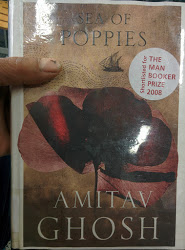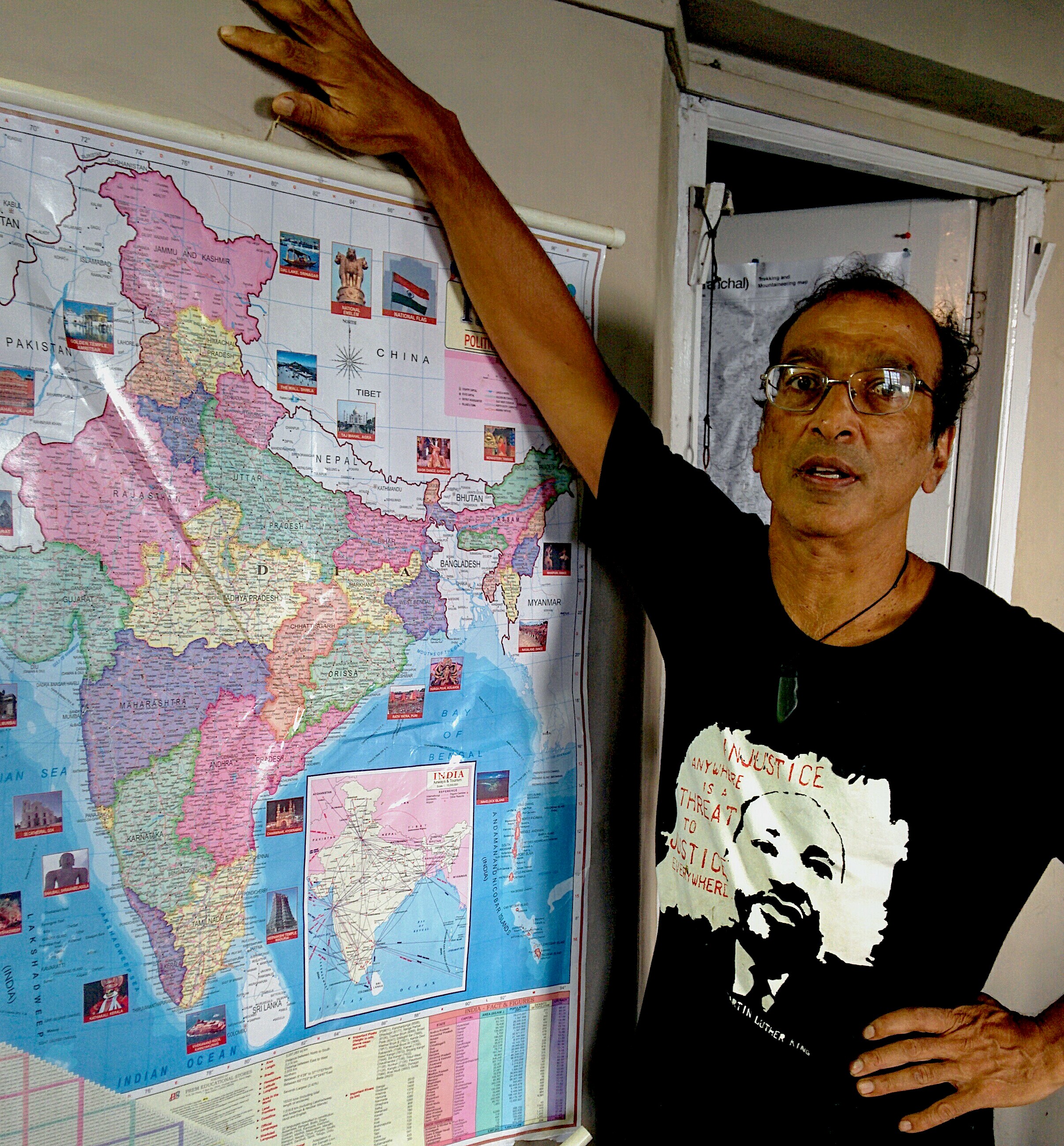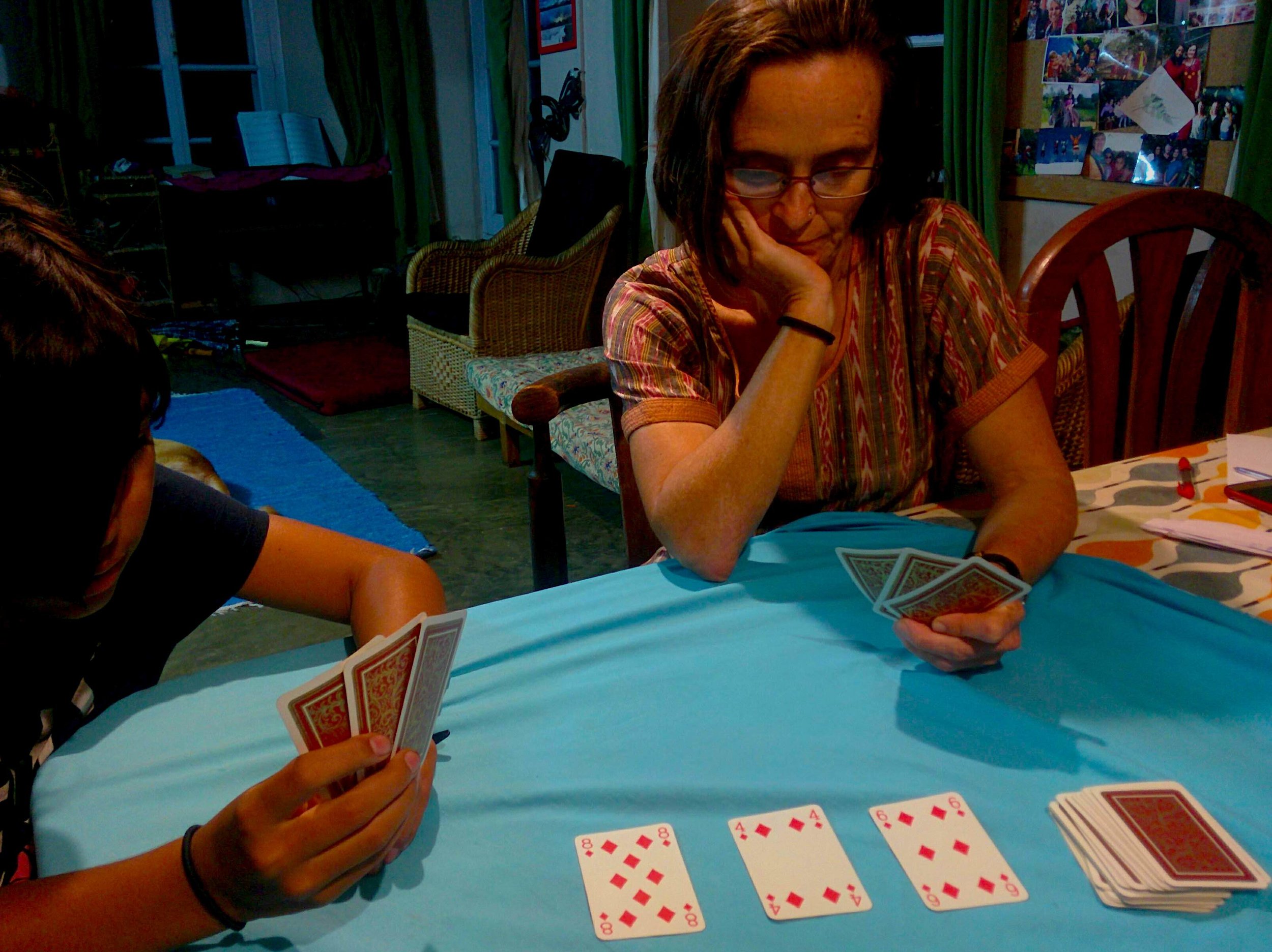In “Sea of Poppies” Amitav Ghosh puts all British India, its whole colonial project in fact, onto one ship,-The Ibis. Its fiction… and it is true.
A novel that’s fully true
Crammed onto The Ibis’ is a wonderfully diverse human cargo including a desperate low caste Indian woman, an ‘untouchable’ man, racist British officers who brutalise Indians for their masters, a dispossessed raja, a half Chinese half Parsi opium addict, a French botanist’s daughter, a rural Indian boy who always dreamed of the sea, an Indian mystic who questions everything about religion while unquestioningly serving his white overlords, a hard-bitten Muslim Lascar, the son of a white father and slave mother from Southern USA, Indian officers who brutalise Indians for their white masters… Through their individual human lives and intertwined destinies Ghosh brings to the surface the attitudes relationships, behaviours and rules -the very architecture of the British Colonial- that structures their world.
In “Sea of Poppies” we watch deep currents- economic prosperity, nationalism, power, self determination, gender relations and naked racism- mix into and control human stories on the surface. The narrative is nuanced and intricate. Of course Ghosh explores British racism and cultural superiority, but he also examines discrimination entrenched in Indian culture, shows hierarchies amidst the crew and power plays amongst the emigrants tethered like animals below them… Ghosh keeps most of his characters within their cultural prisons but allows a few to escape. His story is of the complications and wonder when people blur boundaries and break the rules of the world around them, the magic of people rewriting their own narratives.
On The Ibis cheek by jowl are people who in real life would never in fact meet. Outside of Ghosh’s novel a Raja would never share a space- lice and all- with a half Chinese opium addict, a French botanist’s daughter would not huddle in squalor for months in a ship’s hold with low caste Indian women. Via his characters’ attitudes, relationships, behaviour to each other and the rules they impose Ghosh makes explicit the submerged structures of colonial India. I was reminded of Isabelle Allende’s magical fables in “The Stories of Eva Luna” where literature makes explicit relationships between people in Latin America which in reality are impossible. Its fiction but it works because we recognise truth in her stories.
And that’s it. Every evaluation , every project design I do is an Ibis journey. I go on board a situation built on implicit behaviours attitudes relationships and policies that are made by and control people. Though unseen and unspoken the system’s deep struts are fully real and hugely powerful. My work is to find them, define them and dream of how the trajectory of this “project ship” on which I am could be different if people thought differently, related in different ways, behaved differently or made different rules for their fellow travellers. That is Outcome Mapping- trying to change the world by strategic contributions to the attitudes, relationships behaviours and policies out of which it is constructed. Re-write a narrative.
Sea of Poppies ends with five unlikely traveling companions adrift on the high seas in a lifeboat and five hundred others sailing on to Mauritius with slightly altered perspectives. It is ripe for Ghosh to create different micro-narratives for his motley characters. With reoriented attitudes and relationships his main protagonists will surely re-enter a colonial world still working as it did when the Ibis left Calcutta. I can’t wait to see how his narrative unfurls, just as I love watching “my” Outcome Mapping projects play out .
Re-writing micro-narratives in the same story…
What do you think? Is the development all about re-writing social and cultural narratives? Imagining fictional social systems and making them real?
Jeph
PS I am now engrossed in Ghosh’s sequel “River of Smoke”.












